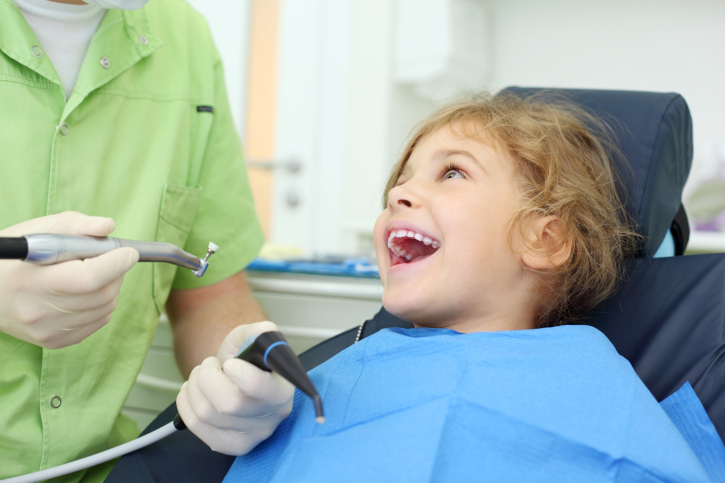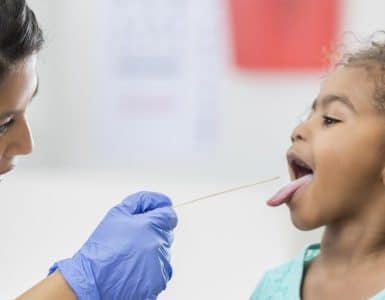In general, you should only visit the emergency room (ER) if you’re having a true medical emergency, such as chest pain or pressure, difficulty breathing, uncontrolled bleeding, persistent vomiting, or a severe allergic reaction. But sometimes people show up at the ER for another reason: dental problems. According to a recent National Ambulatory Medical Care Survey, in 2010 more than 2.1 million people (most of whom were adults) went to the ER because of dental pain.
It’s never a good idea to visit the emergency room for dental problems. Very few hospitals are equipped to handle dental issues—they may be able to prescribe an antibiotic to treat an infection or pain medication to help you feel a little better, but the underlying issue causing the discomfort won’t be fixed. Plus, emergency room visits can be very costly. And finally, remember that when ER staff is trying to treat people who come in with preventable problems like cavity pain, it takes medical staff and resources away from patients who truly need immediate medical care.
Instead of waiting until a dental issue becomes incredibly painful, focus on making sure you and your family regularly get proper preventive dental care. Many routine problems like cavities and abscesses can be prevented by regular dental checkups and cleanings. If you don’t have dental insurance, there are still ways you can get preventive dental care. These free and low-cost resources can help.
Need dental care?
- National Association of Free Clinics: The National Association of Free Clinics is the only national non-profit that provides a range of medical, dental, pharmacy, and/or behavioral health services to economically disadvantaged individuals who are predominately uninsured. Their website allows you to search by state to find free clinics in your area. Click here to check out The National Association of Free Clinics.
- Bureau of Primary Healthcare: This is a searchable database of clinics that provide low-cost or free care (including dental care) to people without health insurance. Users can enter an address or zip code, or state and county for a list of clinics in their area. Click here to check out The Bureau of Primary Healthcare.
- Local dental schools: Dental schools have clinics that allow students to gain experience by providing treatment at reduced costs to the patients. Licensed dentists closely supervise students as they treat patients. Additionally, post-graduate clinics are also available at most schools and offer services for people who are seeking an endodontist, orthodontist, periodontist, oral surgeon, etc. The American Dental Association (ADA) offers a complete list of dental schools in your area.
Need a prescription for a dental issue?
- CVS. Some pharmacies offer prescription memberships which provide the benefit of discounted prescription medications. Some may require a small annual fee. Call 888-616-2273 or visit http://www.cvs.com/healthsavingspass.
- PatientAssistance.com, Inc. PatientAssistance.com is a free resource designed to help connect patients who can’t afford their prescription medications with patient assistance programs. We believe that medication should be affordable for all Americans, including low-income families and the uninsured, and our database features over 1000 programs that help make that possible. Call (888) 788-7921 or visit http://www.patientassistance.com/
- Rite Aid. Some pharmacies offer prescription memberships which provide the benefit of discounted prescription medications. Some may require a small annual fee. Call 800-748-3243 or visit http://www.riteaid.com/pharmacy/rx_savings.jsf
- Walgreens. Some pharmacies offer prescription memberships which provide the benefit of discounted prescription medications. Some may require a small annual fee. Call 866-922-7312 or visit http://www.walgreens.com/pharmacy



